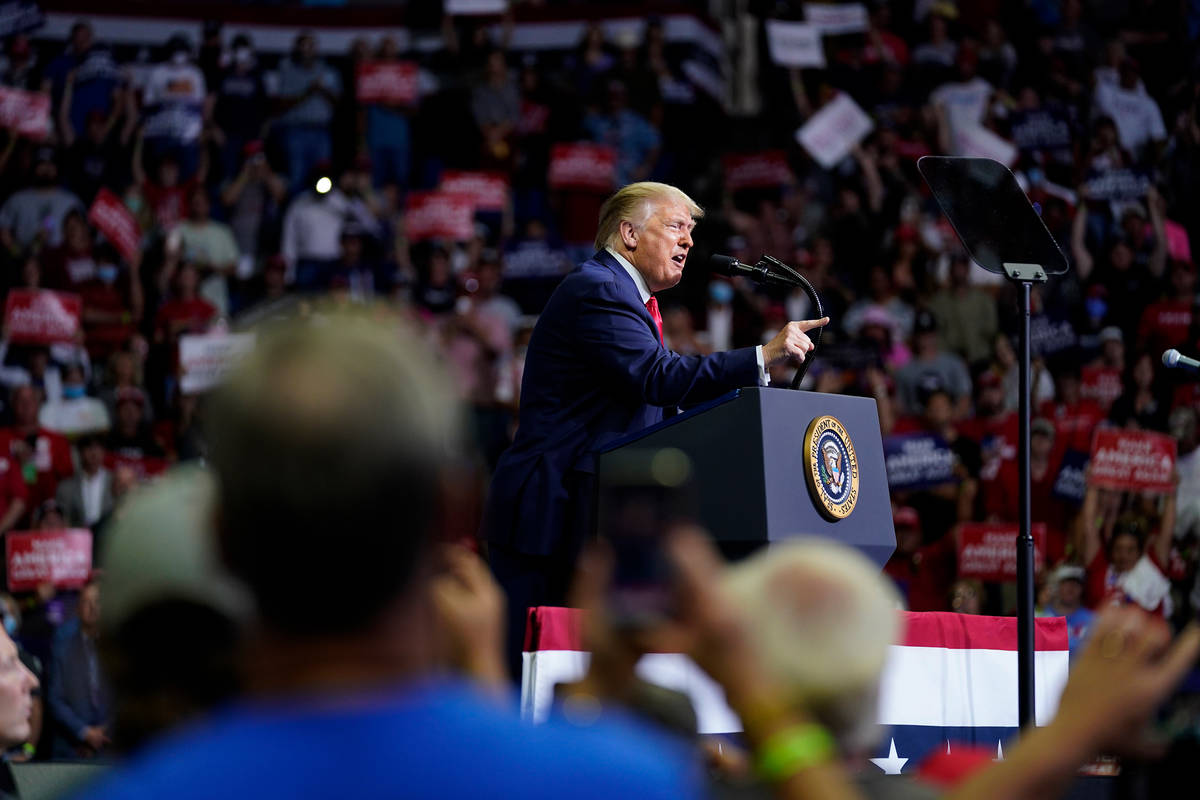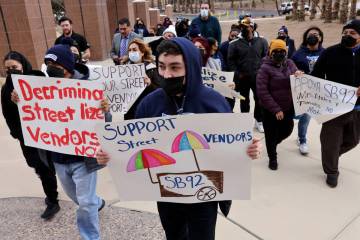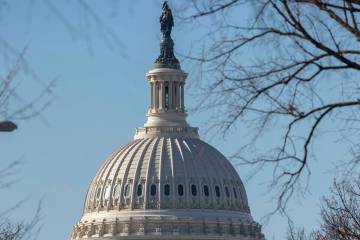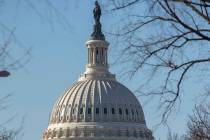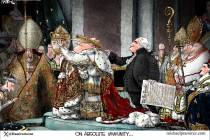CLARENCE PAGE: Yes, Donald Trump has Black and Latino supporters. Democrats can learn from it
Could this be the election that ends the “Latino vote”?
No, I’m not talking about actual voters. I’m talking about the way many of us routinely talk or write about the “Latino vote” or “Hispanic vote” in the same way that we news and opinion workers typically talk about the “Black vote.”
The confusion comes in when we invest more of a sense of tribal unity in our racial-ethnic labels than the labels deserve. Increasingly, that leads to old stereotypes being replaced by new ones that defy reality.
For example, most African Americans share an ancestry in slavery, the Great Migration, the civil rights era and other key historical turning points that shape our political attitudes today.
The term “Hispanic Americans,” like Asian Americans, tries to include a wide range of nationalities and political ancestries. The folly of those broad categories emerges as they collide with the reality of ethno-surprises such as revealed by exit polling in the latest presidential election.
For example, contrary to widely held expectations — including some of my own — Latino voters did not rise up en masse or with near-unanimity against a president who separated Central American refugee families, dissed Mexicans as “rapists,” tossed paper towels to hurricane-ravaged Puerto Ricans.
Instead, about a third of Latino voters supported Donald Trump, according to exit polls by the AP’s VoteCast, conducted with the National Opinion Research Center at the University of Chicago, which is about the same Hispanic percentage that Republican candidates have received in other recent presidential races.
Less dramatic but still significant was Trump’s building his Black support to double digits, a first for a Republican candidate since President George W. Bush in the 1980s.
In pivotal Florida, south Florida’s historically conservative Cuban American community has been joined by Venezuelans and other escapees from Latin American unrest. Trump’s campaign focused on their outrage over the idea of Democratic “socialism” and apparently paid off in a state so unpredictable that a 1- or 2-point swing is called a “landslide.”
In short, labels such as “Black vote” and “Latino vote” can blur our vision to a world’s worth of diversity.
Joe Biden’s campaign seemed sometimes to discover that the hard way.
Remember, for example, when he was questioned sternly by a Black student in a Pennsylvania town hall in October as to what he had to offer young Black voters “besides ‘you ain’t Black.’ ” That was a reference to Biden’s breathtaking gaffe on Charlamagne Tha God’s “The Breakfast Club” program when he said, “If you have a problem figuring out whether you’re for me or Trump, then you ain’t Black.”
The remark was particularly damaging in opening up a generational divide with young Black male voters, a group with which Trump in his own way had been making cultural inroads since the 1990s. After his Atlantic City casinos collapsed with his creditworthiness on Wall Street, Trump cozied up to the prospering hip-hop community, including P Diddy and other rap stars, dozens of whom name-checked him in their lyrics as an iconic image of gaudy affluence and swagger.
Years later, we have seen this relationship revived in his dialogues with Kanye West and Ice Cube, among others who endorsed his “Platinum Plan” for Black American economic development.
Labels such as “Black vote” and “Latino vote” can be helpful in understanding group dynamics but don’t get carried away. As I’ve often said, racial-ethnic communities have a variety of people, many of whom share conservative and Republican values. Don’t shortchange people today who could provide your margin of victory tomorrow.
Clarence Page is a Chicago Tribune columnist. Email him at cpage@chicagotribune.com.



